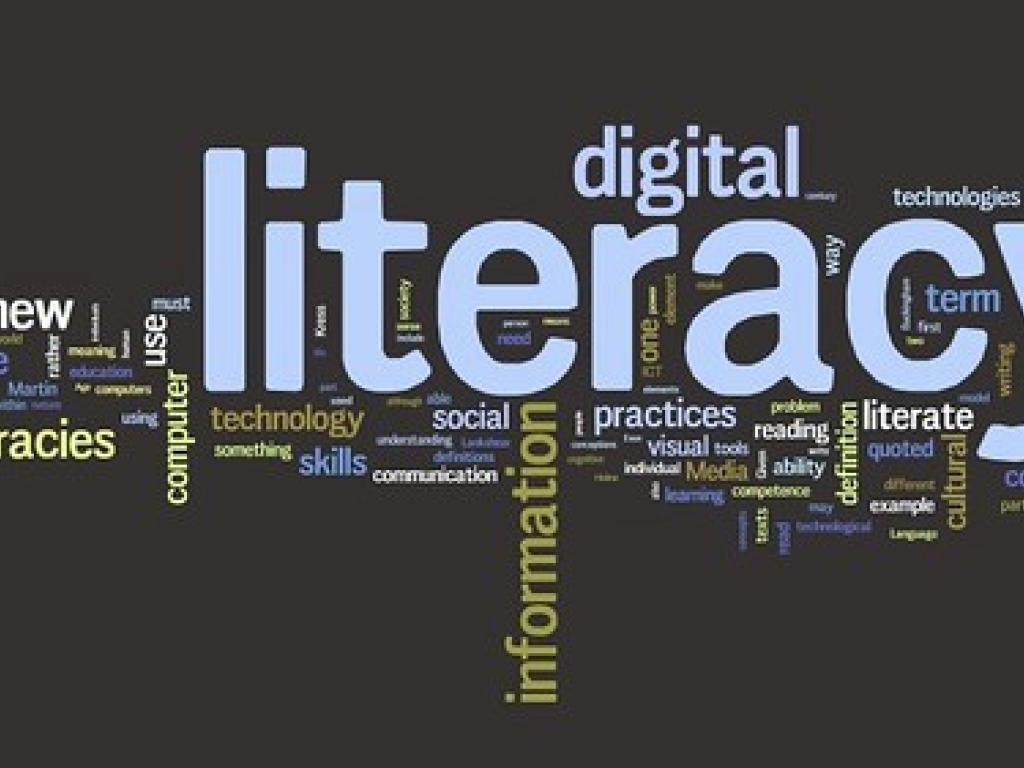Digital literacy – a crucial ingredient for successful online teaching and learning

Digital Literacy (DL) in the Faculty of Health Sciences focuses on providing students with the idea that digital tools hold the power to amplify and transform their academic journey. About 10 years ago, when I was appointed in the Education Development Unit (EDU) as an IT Education Support Administrator, the focus was clearly on making sure that students could “use computers”. In other words, provide them with basic “IT” skills. However, over the last decade, our focus and goals have developed.
Advances in Information and Communications Technology (ICT) capabilities such as social media, cloud computing, and online collaboration tools made us realise that basic “IT” skills alone would not adequately prepare students for online learning. Although students, known as “digital natives” [1], tend to be familiar with digital tools, over the years two issues emerged from the faculty’s DL programme. The first is that students who come from disadvantaged schools exhibit a low level of basic computer skills. If not for the intervention of the DL programme in the faculty, the use of computer technology for this grouping is a huge pothole to circumnavigate as part of their learning journey. The second is that students from advantaged (resourced) schools, are competent with the basic use of ICT tools but, when put to the test, gaps are visible in their understanding of the effective and efficient use of online learning tools. Therefore, the main objectives of the DL programme are now to (a) provide students with a low level of IT skills with learning opportunities to upskill themselves and to (b) equip both groups with an understanding of how to leverage online learning tools to ease their learning journey.
The current drive for remote teaching and online[2] learning during the national lockdown in South Africa, prompted me to reflect on the DL skills students need to help them cope with “remote teaching”. Do students have the DL skills needed to be “taught” remotely and to “learn” online? I would like to think that due to the DL programme, the Faculty of Health Sciences students are better prepared to face online learning having acquired the knowledge and skills to collaborate online (e.g. GSuite); effective use of the LMS (Vula), create online blogs, finding Open Educational Resources (OER); managing privacy online (teaching and learning spaces); using Creative Commons (CC) resources; as well as being aware of social media behaviour during teaching and learning interactions.
The current conversation about remote teaching and online learning is dominated by concerns about access to the internet (connectivity) and “adapting your teaching and content for online delivery”. However, there seems to be very little focus on Digital Literacy – whether all students are “digitally ready and prepared” to engage in remote teaching and learning. The assumption seems to be that students (“digital natives”) have the requisite skills to do so. While this may well be true for some faculties, such as the Faculty of Health Sciences where the DL programme has put our 1st years on a much better “online learning” footing, students in other faculties, where no such intervention is in place, may find the transition to remote teaching far more challenging.
[1] https://edition.cnn.com/2012/12/04/business/digital-native-prensky/index.html
[2] https://www.news.uct.ac.za/article/-2020-03-26-preparing-for-online-teaching-and-learning
